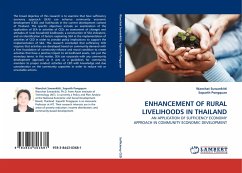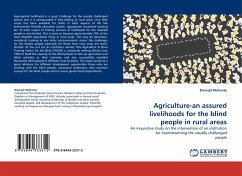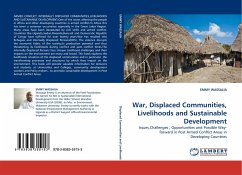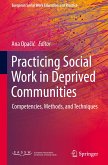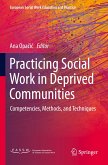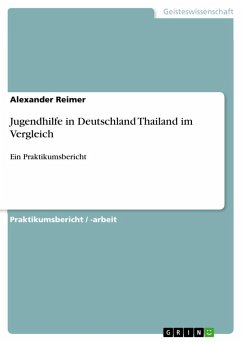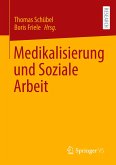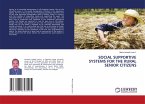The broad objective of this research is to examine that how sufficiency economy approach (SEA) can enhance community economic development (CED) and livelihoods in the current development context of Thailand. The specific objectives include an examination of the application of SEA in activities of CED; an assessment of changes and attitudes of rural household livelihoods; a construction of SEA indicators; and an identification of factors explaining SEA in the implementation of activities of CED in order to provide policy implications to support the implementation of SEA. This research concluded that sufficiency CED requires that activities are developed based on community-demand with a firm foundation of community-reliance and moral condition to create activities that have a positive impact to all livelihood assets, not just the monetary terms. In this matter, SEA can corporate with any community development approach as it acts as a guidelines for community members to proper conduct activities of CED with knowledge and due consideration on the community capacities in order to reduce risk or unsuitable actions.
Hinweis: Dieser Artikel kann nur an eine deutsche Lieferadresse ausgeliefert werden.
Hinweis: Dieser Artikel kann nur an eine deutsche Lieferadresse ausgeliefert werden.

